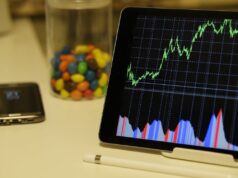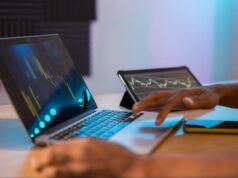
In the contemporary financial landscape, brokers occupy a crucial role as the facilitators of trading activities. They serve as the vital link between individual traders and the intricate world of financial markets.
To gain a deeper appreciation for brokers and their significance, let’s delve further into why they are revered as the backbone of the trading industry:
Access to Markets
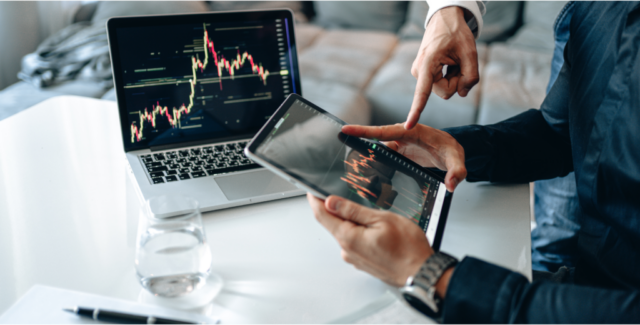
Brokers offer traders a gateway to various financial markets, each with unique characteristics and opportunities. These encompass stock exchanges, bond markets, commodity exchanges, foreign exchange markets (Forex), and derivatives markets.
This broad access is instrumental for diversification and risk management. It allows traders to strategically seize opportunities across different asset classes and geographical regions, enhancing their ability to spread and mitigate risk.
Expertise and Research
The value-added services provided by established brokers extend to teams of financial experts, analysts, and researchers. These experts thoroughly understand financial complexities and are dedicated to giving traders relevant insights and analysis.
They delve into the economic landscape’s nuances, offering insights ranging from macroeconomic trends impacting entire markets to granular studies of specific companies or assets. For traders seeking to make well-informed decisions, the expertise and research offered by brokers are indispensable resources.
Regulation and Security
Source: mend.ioOne of the compelling reasons for entrusting your trading activities to brokers lies in the robust regulatory oversight to which they are subject. The Securities and Exchange Commission (SEC) in the United States and the Financial Conduct Authority (FCA) in the United Kingdom carefully supervise and regulate brokerages.
This stringent regulatory framework ensures transparency, fairness, and security within the financial markets, assuring investors that their interests are protected. Moreover, this regulatory structure establishes a reliable channel for recourse in cases of disputes or malpractice, further instilling trust and confidence in the trading process.
Technical Infrastructure
Brokers demonstrate their commitment to facilitating seamless trading by investing in state-of-the-art technical infrastructure. This includes developing and maintaining user-friendly trading platforms that deliver real-time market data, execute orders swiftly, offer advanced risk management tools, and provide seamless access to trading across various devices.
This robust technical support simplifies the trading process, making it not only accessible but also efficient, regardless of whether traders are beginners or seasoned professionals.
Leverage and Margin Trading
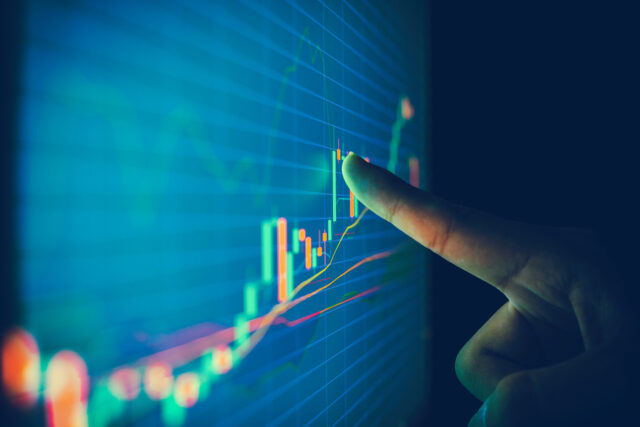
A noteworthy aspect of brokerage services is the availability of leverage—a financial tool that empowers traders to control more substantial positions with a relatively minor amount of capital. While leverage can magnify potential profits, it’s vital to comprehend that it also amplifies potential losses.
Brokers prioritise responsible usage of leverage, imparting essential knowledge about associated risks. This includes the possibility of margin calls, where additional funds must be deposited to cover losses and the potential for losses exceeding the initial investment. This education equips traders with the awareness needed to employ leverage prudently.
Trading Without a Broker
While brokers offer an extensive array of services and resources, it’s worth noting that trading without a traditional broker’s involvement is a viable option.
However, this approach is typically better suited for experienced traders with a comprehensive understanding of financial markets. Here’s a thorough exploration of alternative trading methods:
Direct Market Access (DMA)

Direct Market Access (DMA) empowers proficient traders to interact directly with financial markets, bypassing brokers entirely. This advanced method involves the utilization of specialized trading platforms and requires an intimate knowledge of market infrastructure, order routing mechanisms, and execution processes.
DMA is frequently favoured by institutional investors, high-frequency traders, and professionals who demand precise control over their trading strategies.
P2P Trading
Peer-to-peer or P2P trading platforms usher in a decentralized approach to trading. These platforms enable individuals to trade directly with one another, eliminating the need for an intermediary broker.
While this method is more prevalent in cryptocurrency, where individuals exchange digital assets without an intermediary, it may entail heightened regulatory scrutiny compared to traditional brokerages.
DIY Investing
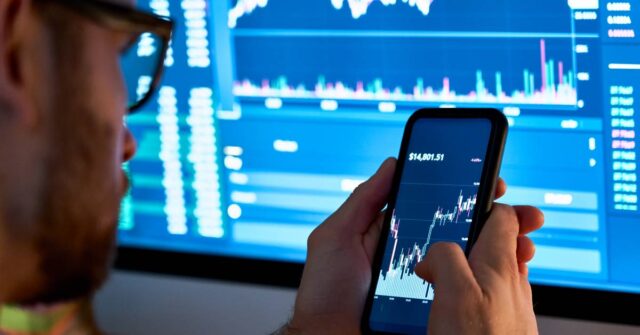
DIY investing is appealing to investors who relish a hands-on portfolio management approach. This strategy involves acquiring and retaining assets, such as purchasing stocks or bonds directly from issuing companies.
Additionally, the rise of robo-advisors has democratized investment management, catering to individuals who seek automated portfolio management and wish to abstain from active trading.
Algorithmic Trading
Algorithmic trading, commonly called “algo trading,” represents an automated approach to trading where traders employ computer algorithms to execute trading strategies automatically.
This approach requires a profound understanding of programming and financial markets. Traders can create algorithms that analyze market data attentively and make trades based on predetermined parameters. Algorithmic trading particularly appeals to those seeking precision and speed in implementing quantitative strategies.
Social Trading

The emergence of social trading platforms has given rise to a novel method wherein traders can follow and replicate the strategies of experienced investors. Similar to mentorship in the trading realm, this approach is desirable to novice traders who wish to learn from seasoned peers in a collaborative, community-driven environment.
Additional Considerations
When exploring reputable brokerage options, conducting a thorough review is advisable. Comprehensive reviews, such as an AvaTrade Review, can help assess whether a particular brokerage aligns with your trading aspirations and financial goals.
This meticulous evaluation ensures that the chosen brokerage caters to your unique trading needs, making it an essential step in decision-making.
In Conclusion

In summary, choosing between utilizing a broker or exploring alternative trading methods depends on your experience, risk appetite, and specific trading aspirations.
While it is possible to partake in trading without a traditional broker, most individuals venturing into the trading world reap substantial benefits from the services and resources proffered by reputable brokerage firms.
Brokers serve as the indispensable gateway to diverse markets, offer expert analysis and research, uphold regulatory standards, and furnish the technical infrastructure for seamless trading.
As you embark on your trading journey, dedicate ample time to study your options comprehensively. Engage in rigorous research, consider seeking counsel from financial professionals, and select a trading approach that harmonizes with your financial goals and risk tolerance.
Acknowledge that trading inherently encompasses risks, and approach it with vigilance and a meticulously crafted strategy. Whether you collaborate with a broker or embark on an alternative path, exercise informed judgment to heighten your prospects of success in the intricate trading realm.

